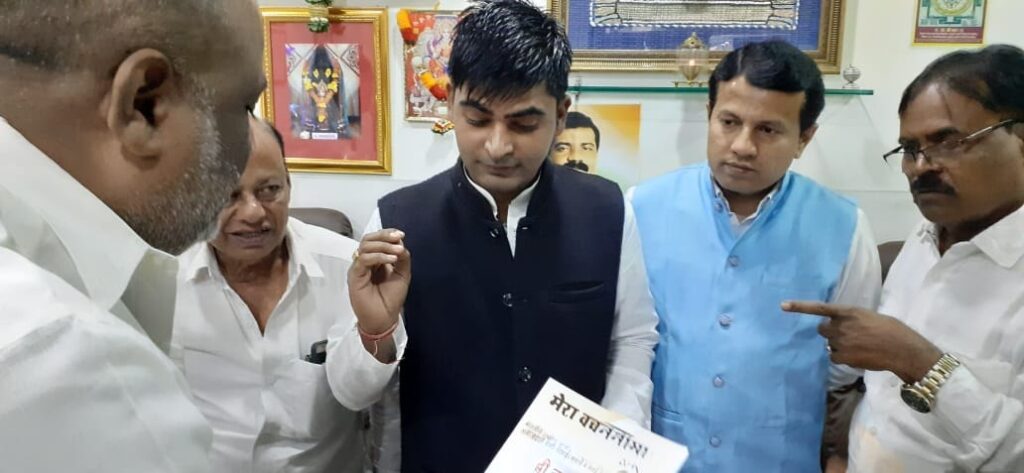India’s greatest asset has always been its people. From our brilliant scientists who are taking this nation to new frontiers in the universe to the farmers and workers who keep this nation running with their ceaseless toil, our people are our greatest assets. We are on the brink of a new age of success and it is our quintessentially Indian work ethic, our special talent for handling adversities, and our ability to come together for a united purpose that will make us achieve greatness.
It is these people that our party and I work for. Since its inception, the Indian National Congress’ goal has been to ease the path of Indians seeking to achieve their potential by removing roadblocks and creating opportunities. It is this single-minded drive that pushed us to enact the Right to Information (RTI) Act in the year 2005, that would empower the citizens of our country.
In this increasingly globalised world, the maxim “Information is power” has never been truer. Our goal with the Right to Information Act was to transfer power back to its natural bearers — the citizens of our country. Information that had been secreted away in government offices, lost amongst files, or just been forgotten is now freely available to any Indian who asks for it. In the hands of the common man, this is a tool that is used to ensure that the system does not become a machine they are merely a cog in. It is a tool by which they stand for what is right. It is a tool that powers everyone’s progress by keeping everyone accountable to their constituents and fellow citizens.
This revolutionary law was not borne out of fear. The Indian National Congress was proactive in pushing through the Right to Information Act because of the principles we have been founded on and continue to uphold. Despite detractors who feared exposure and misuse, we championed this Act because it represented an inalienable right that people held, and they just needed a channel to exercise it. We did this despite knowing the scrutiny it would put our own government and its allies under because, very simply, it was the right thing to do.
The citizens we were aiming to serve did not disappoint us. The Act has been used to protect the rights of vulnerable groups, to do a deep dive into government office functioning and funding. But no information is frivolous since it empowers the common people to hold their public servants accountable. It gives them the right to question the government. The Congress, like the nation it serves, has always been by the people, for the people, and of the people. The Right to Information Act was just one more example which proves that.

